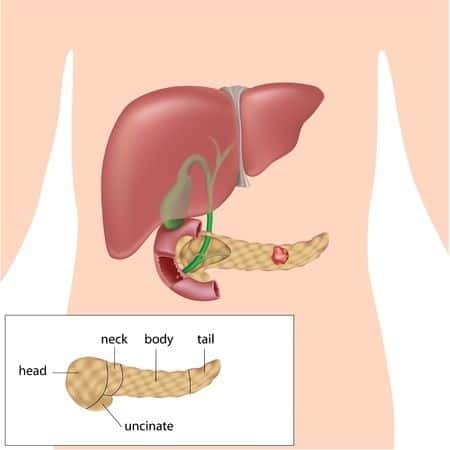Leading Oncology Expert Discusses Inadequate Testing in Pancreatic Cancer Case
Updated on
This case involves a female patient in her late 30’s who developed pancreatic cancer. Before she received her diagnosis of pancreatic cancer, the patient first presented to her general practice physician with complaints of stomach pain. The patient underwent a physical examination and was prescribed medications to treat her stomach pain. Over the next few weeks, the patient developed new symptoms of vomiting and diarrhea, at which point she was referred to a gastroenterologist for additional testing. The gastroenterologist performed an endoscopy, however there were no abnormal findings and the patient was sent away with instructions to follow up if her symptoms became worse. Over the next few months, the patient’s symptoms persisted and lost a substantial amount of weight. During this time, she expressed concerns about her symptoms to her general practice physician on several occasions, however no further testing was done. Eventually, the patient was diagnosed with metastatic pancreatic cancer that had spread to her liver, leaving her with an extremely poor prognosis. It is alleged that more thorough testing should have been done given the patient’s symptoms.
Question(s) For Expert Witness
1. Please discuss your background in treating patients as described in the case summary.
2. What is the standard work up when a patient presents with symptoms as described in the case summary? What further tests/evaluation should have been done following the negative endoscopy?
3. What could have been possibly done for the patient to avoid this outcome?
Expert Witness Response E-009306
![]() As a physician at a major medical center, I can speak directly to the workup of persistent abdominal pain, weight loss, and nausea with vomiting. I have diagnosed patients with pancreatic cancer, and there are a few different kinds of presentation depending on the location of the tumor. Abdominal pain, vomiting, and diarrhea are very common symptoms, and should have spurred a more thorough workup after the patient presented on multiple occasions with persistent or worsening symptoms. The development of unexplained weight loss is more concerning, and abdominal imaging would be the next step if the endoscopic testing were negative. Depending on the time frame, the tumor may have been detected prior to spreading. That would allow for chemotherapy, and possibly surgery, and would have greatly improved this patient's outcome.
As a physician at a major medical center, I can speak directly to the workup of persistent abdominal pain, weight loss, and nausea with vomiting. I have diagnosed patients with pancreatic cancer, and there are a few different kinds of presentation depending on the location of the tumor. Abdominal pain, vomiting, and diarrhea are very common symptoms, and should have spurred a more thorough workup after the patient presented on multiple occasions with persistent or worsening symptoms. The development of unexplained weight loss is more concerning, and abdominal imaging would be the next step if the endoscopic testing were negative. Depending on the time frame, the tumor may have been detected prior to spreading. That would allow for chemotherapy, and possibly surgery, and would have greatly improved this patient's outcome.
Subscribe to our newsletter
Join our newsletter to stay up to date on legal news, insights and product updates from Expert Institute.
Sign up nowFind an expert witness near you
What State is your case in?
Subscribe to our newsletter
Join our newsletter to stay up to date on legal news, insights and product updates from Expert Institute.


